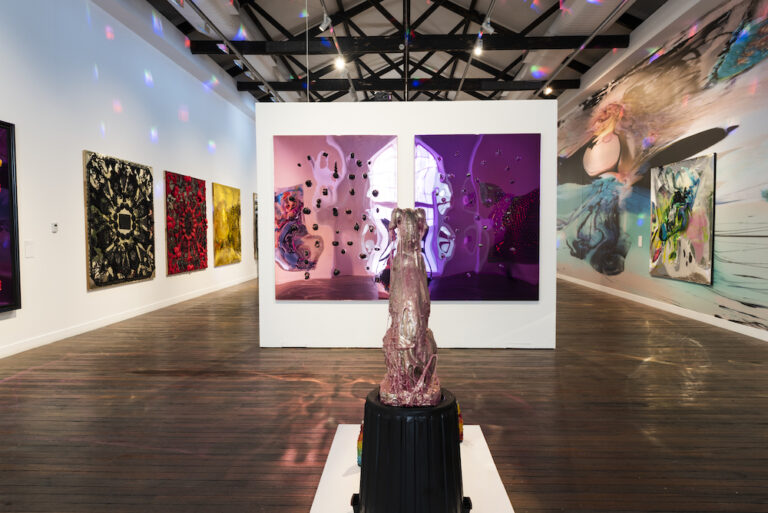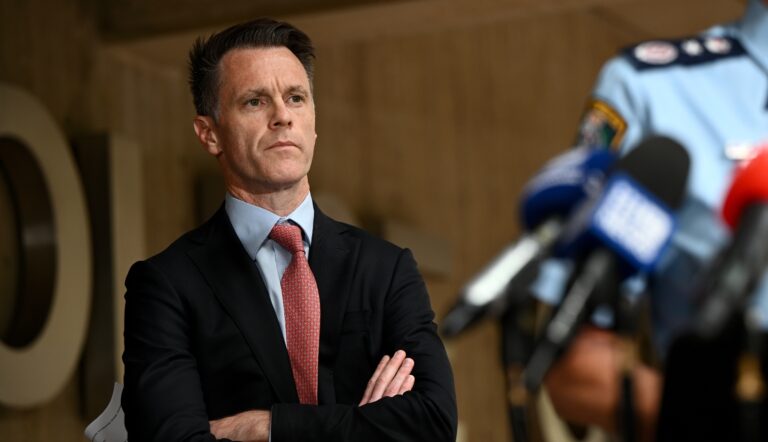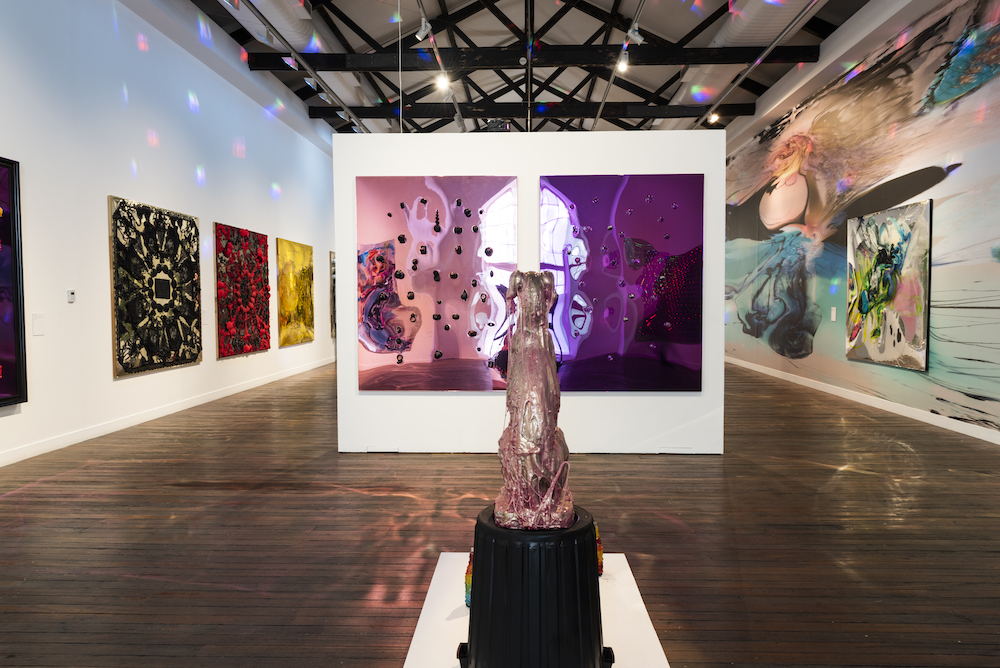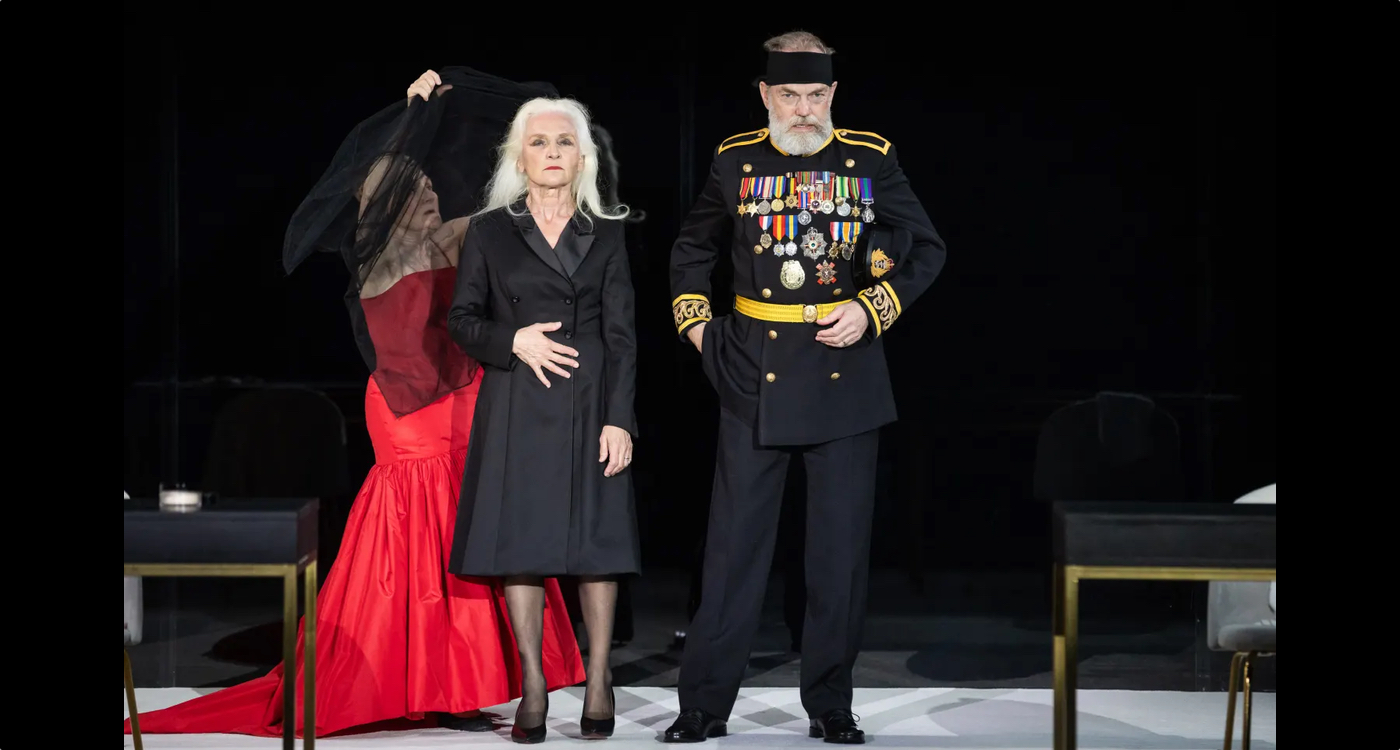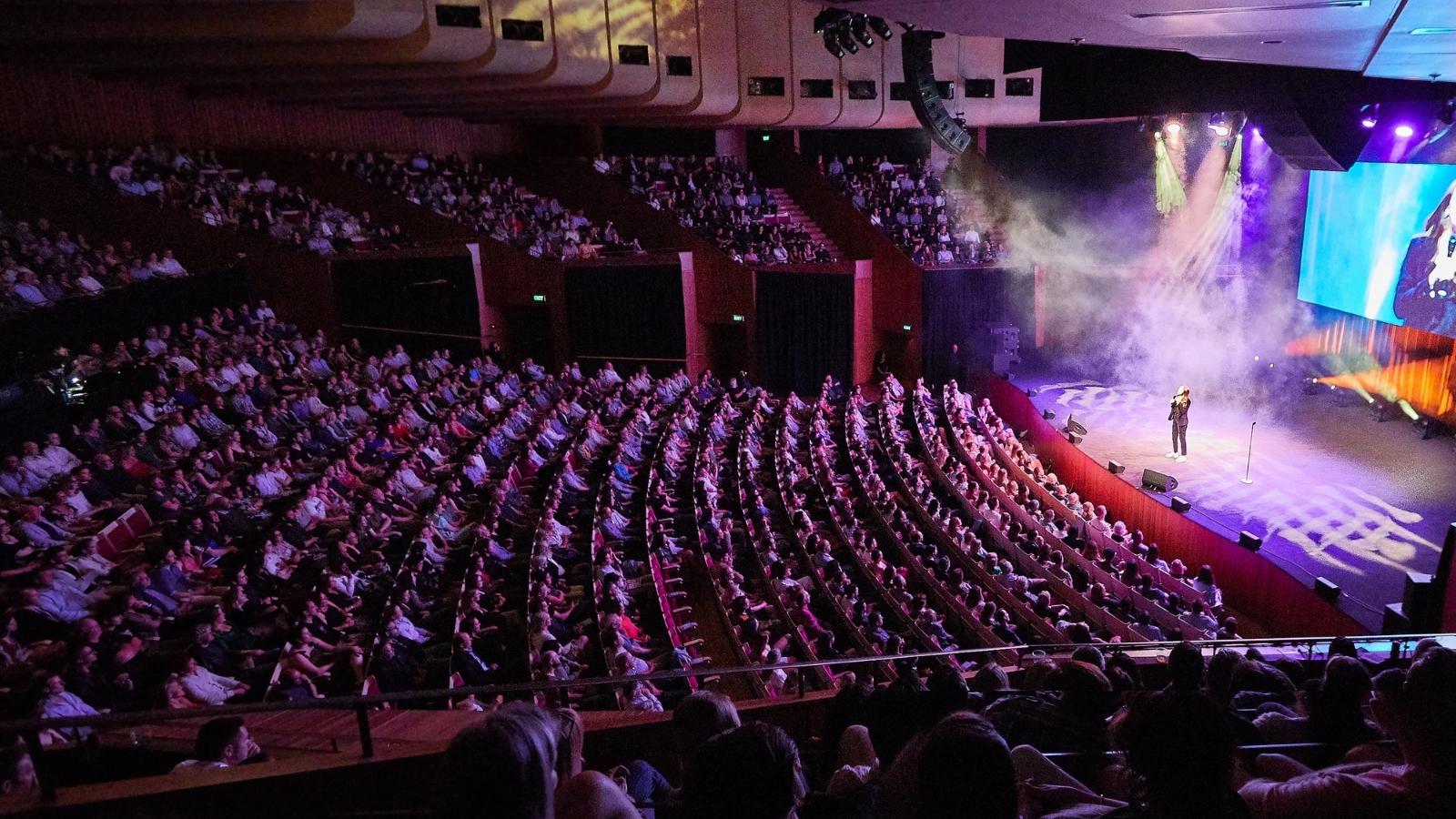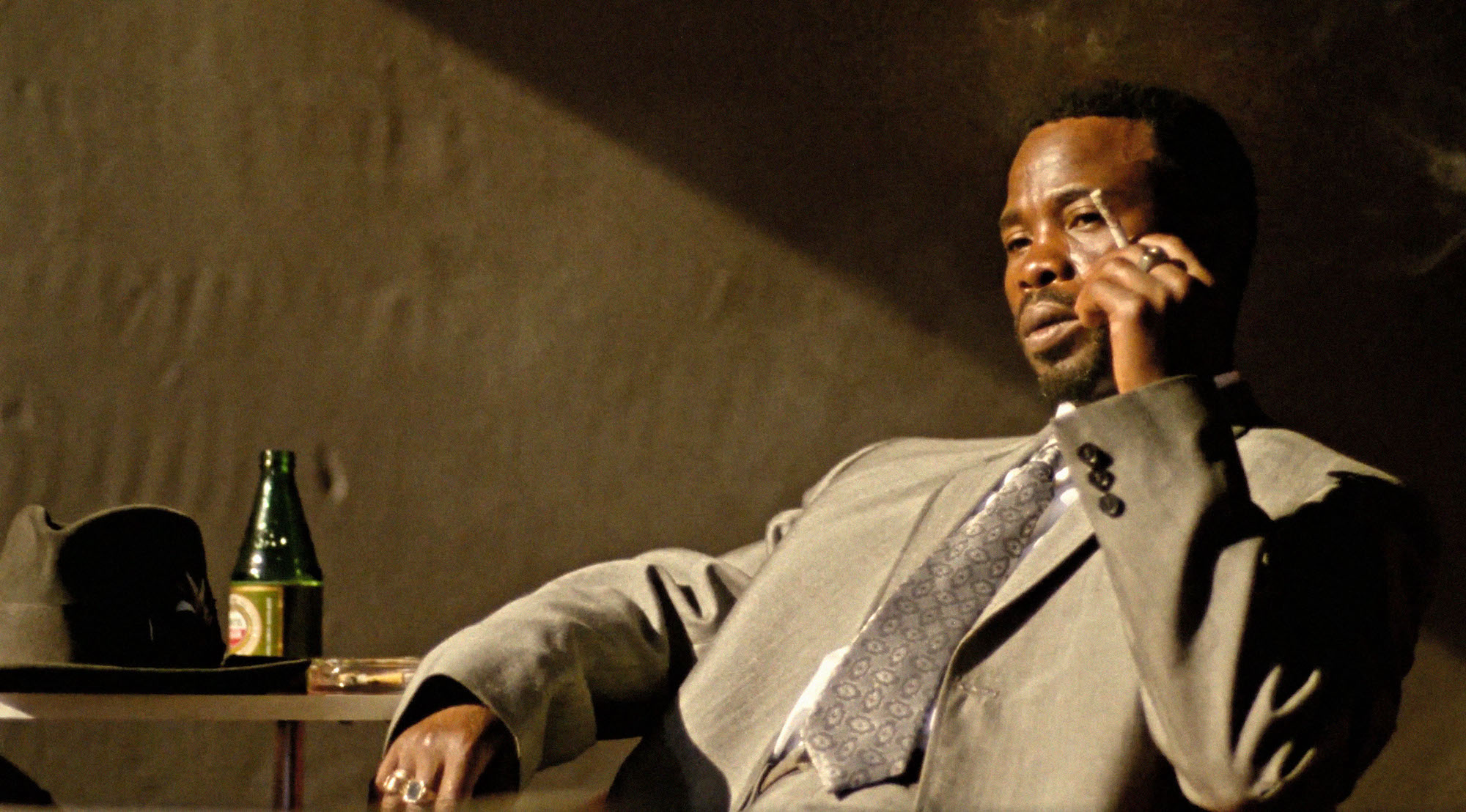
Beautiful Minds
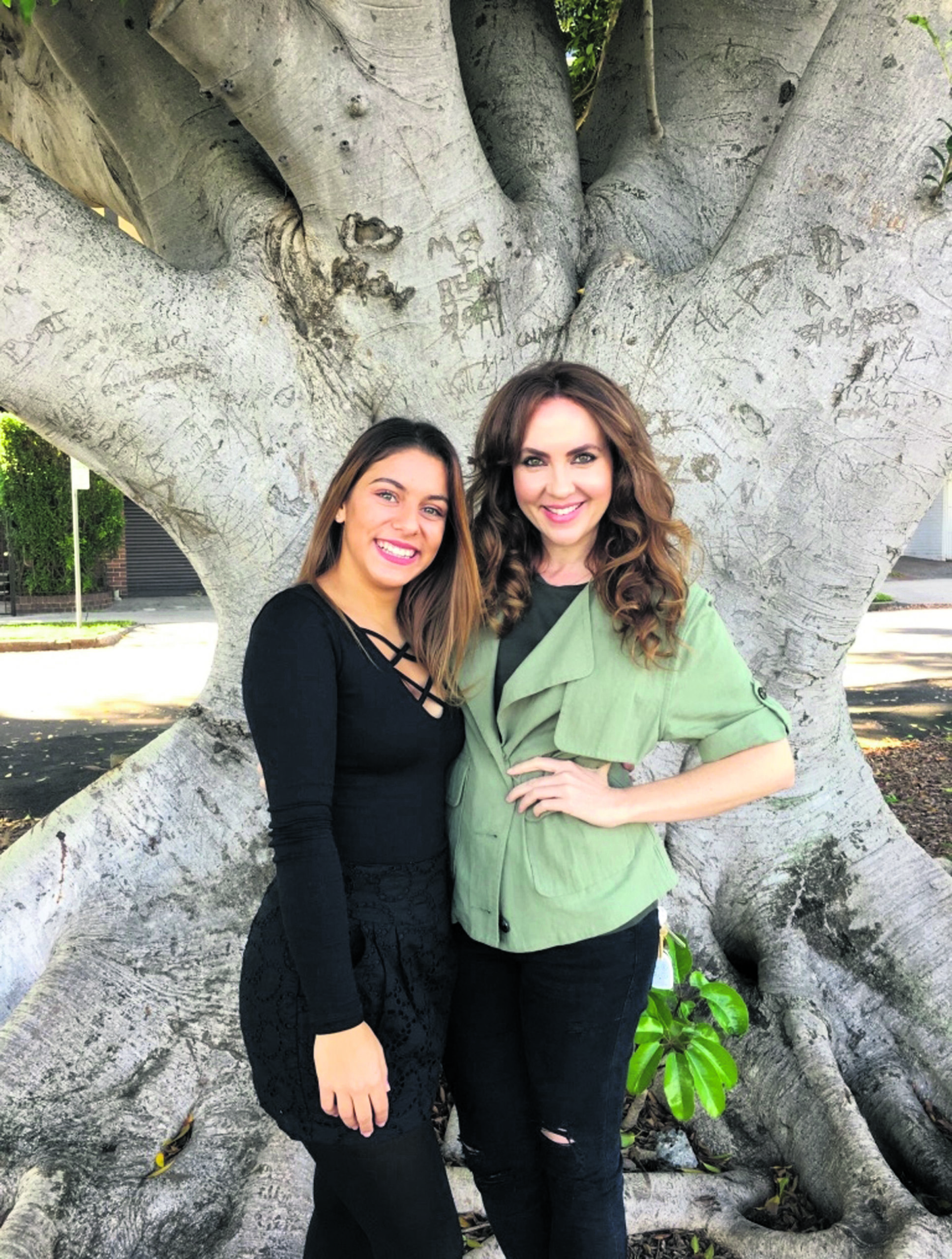
BY RITA BRATOVICH
The recent screening of the Netflix series, 13 Reasons Why was one of the most watched, especially among young people. Based on the book by Jay Asher, it tells the fictional story of Hannah Baker, a high school student who, after a succession of horrible events which include public shaming, rape, and bullying, commits suicide. Prior to doing so she systematically records her reasons why on 13 cassette tapes itemising 13 individuals whom she directly blames.
To say the series has caused a maelstrom is an understatement.
Kristen Douglas is the National Manager of School Support at Headspace, the national youth mental health foundation for people aged 12 to 25. When 13 Reasons Why first screened in March, Headspace made an across the board decision not to comment so as not to attract attention to it.
“It wasn’t until we saw quite a mountain of commentary coming in from schools, parents and kids that we felt it necessary to have a public health message approach to it and to make a very clear statement,” says Douglas, explaining that unqualified exposure of suicide related issues is extremely risky for people who are vulnerable.
Some of the strongest criticisms of the show are that it romanticises and plays into “suicide fantasy”.
“It simplifies suicide and it gives Hannah – the main character – a voice from the grave… Kids don’t fully understand the finality of death,” explains Douglas. She says that if kids are experiencing bullying, they may see this as a way of dealing with it, typically thinking: “Then I’ll see who goes to my funeral and how many ‘likes’ I get on my RIP page.”
The show has certainly generated discussion, and most people agree, that’s a positive thing, but the consensus among experts in the field is that it has dealt poorly with the issue itself.
“Some of the scenes – particularly her suicide scene in the very last episode – are quite irresponsible in terms of the depiction,” says Douglas. That scene has been the focus of fiercely conflicting opinions. Theres a common perception that witnessing something horrifically graphic can be a deterrent, but Douglas argues that the evidence not only disproves that, but indicates that in some cases it may even be a catalyst.
Another point of contention is the seeming lack of support, and failure to recognise that Hannah was in crisis. Douglas finds this disappointing:
“They don’t capitalise on opportunities to talk about help-seeking… the school counsellor is quite useless, and everyone’s missing the signs.”
Netflix responded to the immediate censure by creating a special feature in which cast members, crew and a number of health professionals discuss the issues raised in the show and try to provide context and support. This has only slightly mitigated the turbulence.
“We’ve had such an influx of calls for help, service and support, we’ve developed a ‘How to Respond to 13 Reasons’ fact sheet which we forwarded to all departments of education,” says Douglas.
Australia has very strict guidelines on depiction and reporting of suicides, amongst the most crucial are that it should not be portrayed and that details and method should not be discussed. Ironically, these form the foundations of the plot for 13 Reasons Why.
The statistics on suicide in Australia are disturbing. Youth suicide has increased by 30% and is at its highest rate ever. Headspace School Support is a national program set up specifically:
To assist schools to prepare for, respond to and recover from the impact of suicide.
Douglas would like schools to pay as much attention to mental health as they do physical health and even literacy and numeracy, and to encourage mindfulness, meditation and technology down time.
One organisation that has adopted a philosophy of positive affirmation is Beautiful Minds. Created by Marina Passalaris 12 years ago, it runs a series of programs to help girls and boys aged 11 to 17 navigate social and personal minefields that are part of the modern day coming of age.
Passalaris began her career in the modelling industry and spent years as an educator for international models. What she saw first hand was a climate of abuse and neglect which included incidents of assault and rape by photographers or other adults. The result was rampant drug and alcohol addiction, anxiety, eating disorders and self-harm – among male and female models whose average age was 14-16 years.
Originally she pitched the concept of Beautiful Minds to the modelling agency for whom she was working, explaining that it would boost confidence, improve self-esteem and reassure parents.
“The agency thought it was a very stupid idea,” says Passalaris.
At the time, no one was having these conversations around self-image and Beautiful Minds was unique. Passalaris ultimately took her program to schools and now has content in 800 schools nationally as well as online. Her team of educators includes entrepreneurs, fitness and health professionals, stylists, psychologists and a variety of experts.
“I think it’s important for young people to know they have a safe space to come and make friends and to belong,” says Passalaris.
It’s a very different world for teenagers today than the one their parents grew up in.
“Every six months we have to completely rewrite our content just to stay on top of the latest apps and what’s going on,” says Passalaris.
As with Headspace when 13 Reasons Why screened in March, Passalaris and her team had to formulate a response strategy, as they too were inundated with distress calls from young people and parents.
Passalaris watched the series three times to try and completely understand each character.
“When I first watched it I was absolutely horrified, and had a fairly heated debate with people that I disagreed with it.”
She felt it was very graphic and glorified – almost normalised – suicide. She also took issue with Hannah blaming others for her action.
“We need to take responsibility for the role we play in every single situation in our life.”
Aliya Bayhan, 18, has participated in several Beautiful Minds programs. Suffering from anxiety, she found solace and support among the other girls and educators during the courses.
Bayhan agrees that digital content can be a source of torment for many girls, with the bombardment of messages around body image and peer group behaviour. For her, having someone like Passalaris and Beautiful Minds helps bridge the gap between cyber myths and reality.
Passalaris’ behind the scenes revelations of the modelling world and photo doctoring, coupled with her own stories of anxiety and image issues were inspiring for Bayhan.
“Wow – she is one of us, she’s had her problems too…look at how far she’s come now and what she’s doing.”
Like many teens, Bahyan binge-watched 13 Reasons Why. She agrees with Passalaris’ assessment but her big take-away was the awareness that your actions, however small, may have significant consequences for someone who is vulnerable.
In her life, Bayhan has had friends who have had suicidal thoughts or have self-harmed. Being a part of Beautiful Minds and their annual event, BU Day, has motivated her to be a role model for peers and family. She has just enrolled in an Engineering Degree.
If this article has raised any issues for you, please contact Lifeline on 13 11 14 or Headspace on 1800 650 890.
Beautiful Minds BU Day, Aug 6, 2017, Info: www.beautifulminds.com.au/bu-day-2017/
